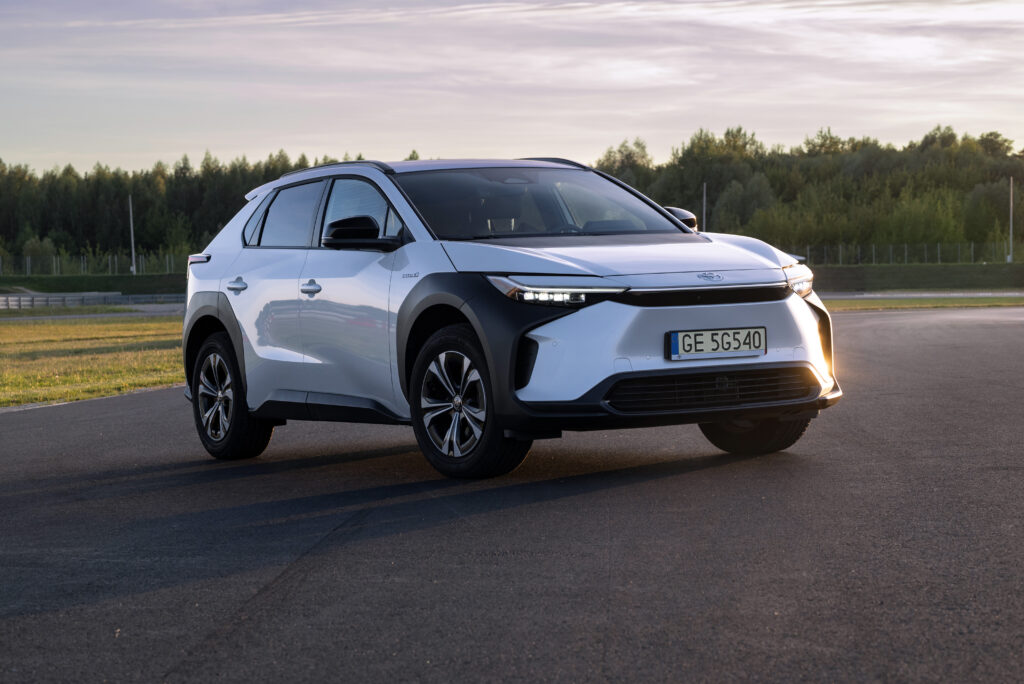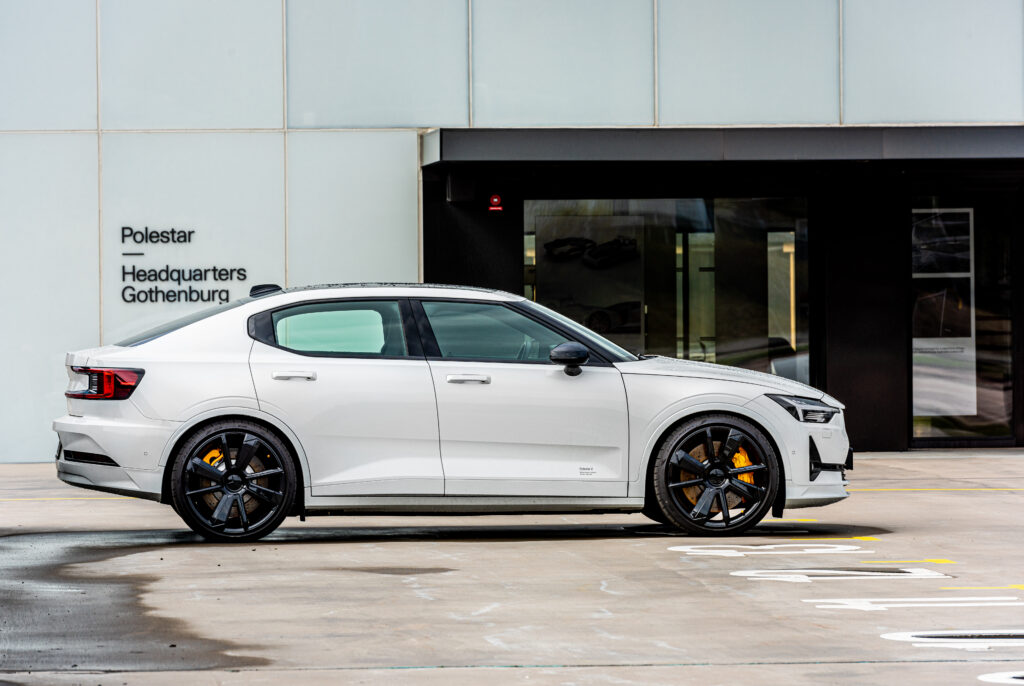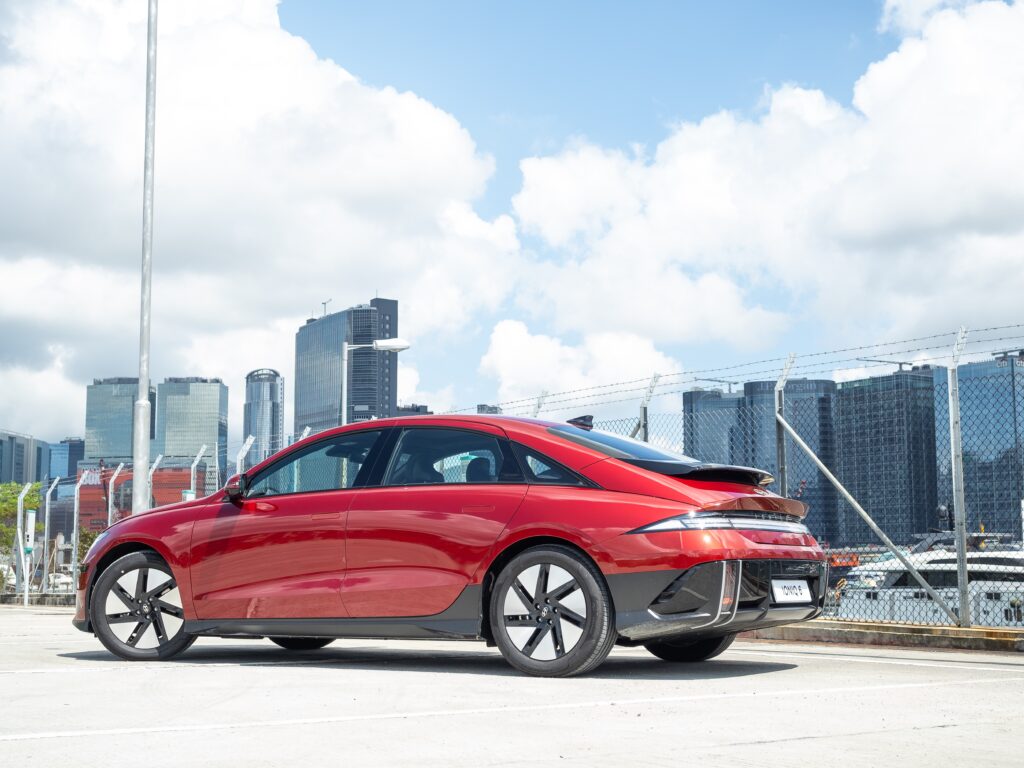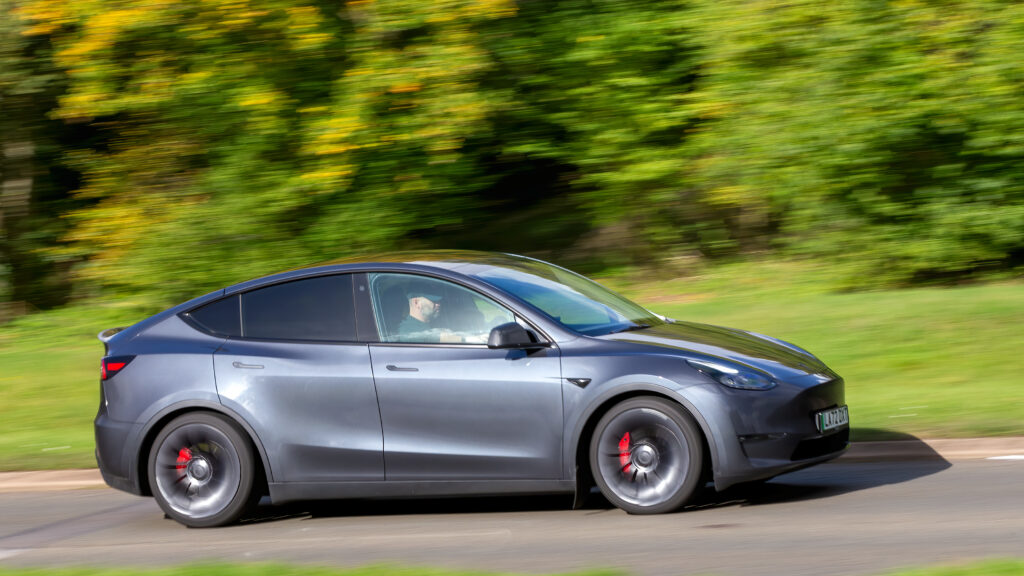Story by Alysha Carusi
All great road trips include great snacks! Grabbing a handful of party mix can be more exciting than a handful of regular potato chips, and our world of power options is becoming more exciting compared to 20 years ago. Back then, transportation, buildings, homes and agriculture mostly ran on one flavour: fossil fuels. But things are rapidly changing with the introduction of electrification.
Electrification refers to the process of replacing technologies that use fossil fuels (natural gas, coal, oil) with technologies that use electricity as a source of energy.
Depending on the resources we choose, there is huge potential to reduce carbon dioxide (CO2) emissions from the transportation, building and heating sectors, which currently account for 60% of all Canadian greenhouse gas emissions.
BC’s Energy Mix
Thankfully, hydroelectricity HydroelectricityHydroelectricity is a form of renewable energy that uses the power of moving water to generate electricity. Hydroelectric power is often harnessed in dams or other water-based systems. offers 90% of BC’s power supply, which means there is a much lower financial and environmental cost to turn your lights on in BC than Europe or Australia, for example.
Though on a provincial level, we’re making housing headway, this isn’t true for sectors like transportation, which still rely heavily on fossil fuels. But electrification of this sector is slowly becoming more popular, affordable and efficient.
How Far Can You Go with Auto Electrification?
Initiatives are increasing the accessibility to Electric Vehicles (EVs), but how will an electric powered future influence our access to the world around us?
By December 2025, BC is expected to have 325 fast chargers (30-45 mins) at 145 sites across the province. This sounds promising, but when compared to the approximately 1,368 gas stations across the province – 275 in Metro Vancouver alone – it can feel like EV’s might limit our life and leisure.
But what if electrification actually made both better?
The average person drives about 22,000km a year, and if you were to live your normal life going to and from school/work/family, here’s what your expenses could look like if you charged vs filled up in your hometown:
| City | Avg. Electricity Cost per year | Avg. Gas Cost per year |
|---|---|---|
| Richmond | $158 | $1,066 |
| Surrey | $366 | $2,468 |
| Coquitlam | $343 | $2,314 |
| Abbotsford | $738 | $4,978 |
The cost differences are obvious, but what about that question around access?
Well, a full tank of gas can get you about 660km and a fully charged Tesla Model 3 can get you between 438-534km. So if you plan to drive from sea to sky for a friend’s cottage weekend in Whistler, one full EV charge will certainly get you the 120km (2 hours) distance! Even if you wanted to drive to the interior in an EV, one charge will safely, affordably and cleanly get you 390km (4.25 hrs) to Kelowna!




Just like your choice of road trip snacks - chips vs. a banana - the source of energy we choose to fuel us can have a massive impact on the quality of our energy output and long-term physiological impact.
Many scientists view Earth as a living being, so with increased access to electrify our energy, will you choose to explore BC’s energy mix?
Curious for more science behind the energy of climate change?
Explore solutions for regenerating our planet on Change Reaction.
